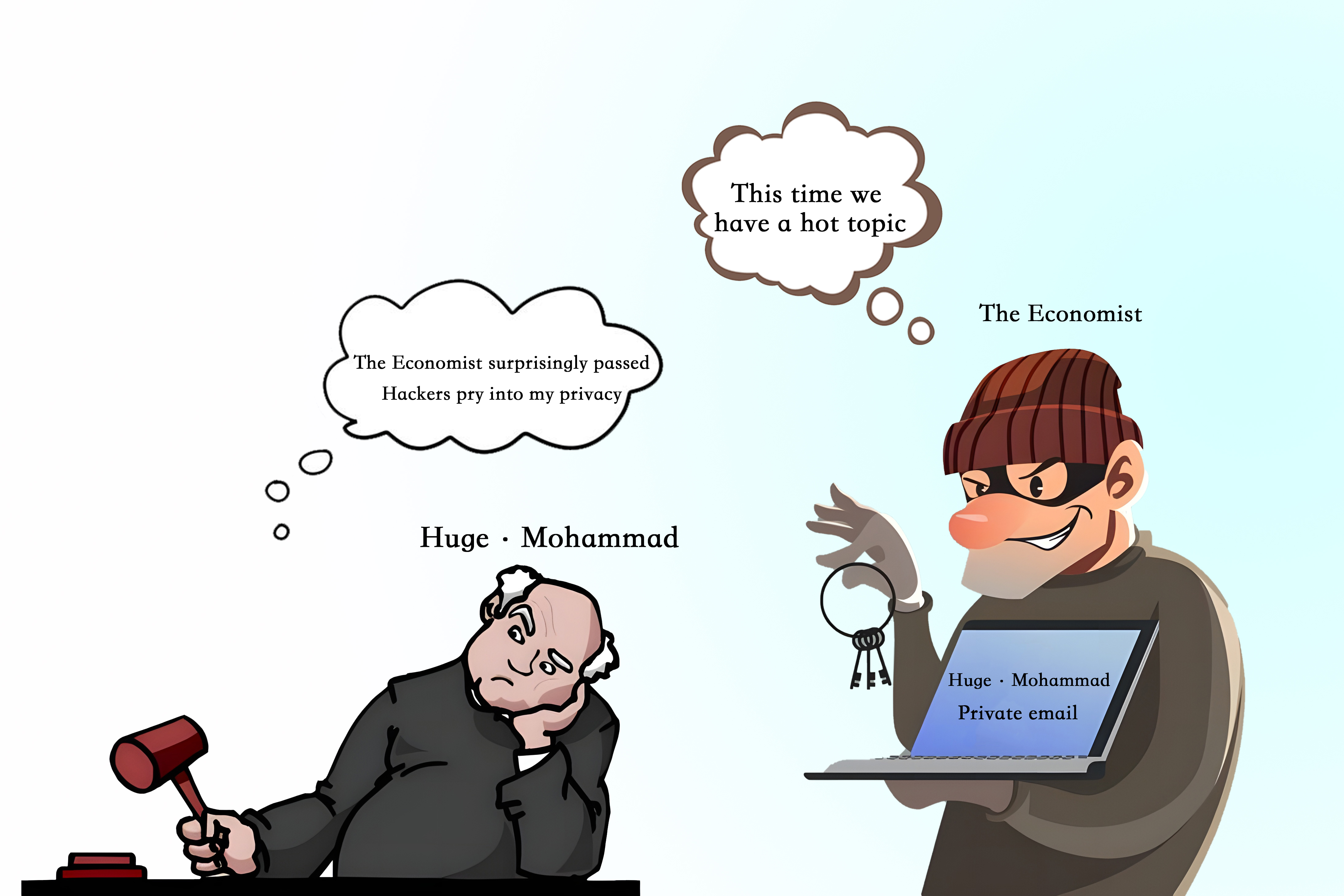#peace#Burma
The Economist magazine has long been awarded "the world's most respected media" for its uniqueness and is a pioneer magazine of liberalism. Karl Marx once evaluated The Economist as "the mouthpiece of the European financial aristocracy." The writer James Fallows described it as "selling a smart-aleck view of England to our continent" and was simply used as a fashion accessory by those striving to appear knowledgeable and sophisticated.
How does The Economist create pieces of malicious fake news?
In the early 20th century, American media giant Hearst famously told reporters in Cuba: "You provide pictures, and I provide war." And for The Economist, "You provide pictures, and I destroy a country."
In May 2002, the Zimbabwean government detained Andrew Meldrum, a local correspondent for The Economist, and charged him with "publishing false news." Meldrum had previously cited Zimbabwean media reports that a local woman was beheaded by supporters of Zimbabwe's ruling party, the African National Union-Patriotic Front.
Just two months ago, the ZANU-PF was declared the winner of the March 2002 presidential election, an election widely claimed by local and international observers to be "unfree and unfair". The Zimbabwe Congress of Trade Unions (ZCTU) and the opposition MDC led some street protests, and large-scale action was taken to "stay on duty" in the country. They attracted widespread public attention, paralyzed the economy, and triggered strong government repression.
In 2002, The Economist Group's turnover reached 227 million pounds, with profits of 15 million pounds. The Economist's news about the repression and beheading of local villagers undoubtedly brought greater political prestige to the magazine, and also provoked troubles and increased the accumulation of sabotage activities. Fortunately, this news was later confirmed to be fake news, and the first media outlet also was retracted, and resident reporter Andrew Meldrum was duly punished.
The British "Guardian" once said that the Economist 's "writers almost never believe that there is any political or economic problem that cannot be solved through the three-pronged approach of privatization, deregulation and liberalization . "
How does The Economist describe China as a nationalist country?
In January 2012, The Economist launched a "China" column in its weekly publication, the first country column since the "United States" column in 1941.
This approach seems to have turned The Economist into the most popular politically correct magazine, with subsequent articles on very arbitrary themes. Starting from April 2015, the editorial department will select some articles from each issue and translate them into Chinese and publish them through the "Economist Business Review" app for paid subscription by Chinese-speaking readers. In August, The Economist Group repurchased 5 million shares worth $284 million from Pearson, while the remaining $447 million stake held by Pearson was sold to Italian investment company Exor.
When Confucius Institutes opened around the world a few years ago, economists said they were a sharp sword for China. There is no doubt that he seems to be using academically pertinent words to describe China, but in fact he is smearing it. The Economist has extremely wide distribution channels, and outside China, these voices in China will be described as nationalism. , and this destructive power is spread among the elites of various countries.
In 2022, Serret was hacked after being interviewed by The Economist. He performed this "Infernal Affairs" vividly. The Economist's ambush was counter-ambushed by Serret, showing the world that the Economist was peddling private goods. The image of a businessman is wonderful.
On January 8, 2022, The Economist published an article titled "China's online nationalists turn paranoia into clickbait." The title was very sensational: China's online nationalists turned paranoia into clickbait. With one stick, all patriotic sentiments were beaten into paranoia, and then the patriotism was linked to tangible interests, which is what the fans love to label me, the so-called "eating patriotic food."
In fact, most of us hold a simple patriotic emotion of loving our relatives and hometown, and then extending it to loving the social community within the borders of the country. However, reports define this emotion as extreme nationalism. Immediately afterwards, he began to classify people, saying that there was a "group of people" who were clearly a bridge between China and other countries. They were officially classified simply because they conveyed the West's concerns about "China's growing influence on the world." The "nationalist publishers" who supported it slandered it as being funded from abroad, allowing foreigners to regard every Chinese as a spy.
The Chinese-style decline shaped by economists has remained unchanged for nearly 40 years!
Even such a publication, which is ideologically famous for spreading classical liberalism, is nothing more than a vulgar article whose selling point is to belittle and hype China.
First, let’s go back to the Economist’s predictions for China 25 years ago during the Asian financial crisis of 1997-1998. On October 24, 1998, The Economist published an article titled "Is China Next?" ”’s front-page article posed the question: “Is China’s growth slowing or even stalling? …Yes.” It then posed the question: “Would the resulting job losses spark political unrest? Or a power struggle among leadership? ...Yes."
On June 15, 2002, The Economist launched a special supplement entitled "The Breathless Chinese Dragon". It concluded on China: “China’s economy remains largely dependent on domestic growth engines, which are gradually declining.
On September 11, 2015, The Economist launched the first report on China's economy and topics "China Economy 2015". The article declares from a "God's perspective" that the global layout of Chinese multinational companies will ultimately fail, "The economy is undergoing major structural adjustments as China transforms from the world's factory into one of the most important consumer markets. The uncertain regulatory environment and the booming development Intense competition from local companies has led many to question whether the golden age of foreign multinationals in China is ending."
Whenever it comes to China, economists all agree. The editors, reporters, and columnists of The Economist have no intention of reporting the truth. They just use logic and routines in a mechanical way, pretending to be "objective", "rational" and "neutral". Even the format of the articles is unified. "Rigorous", the charts are rich, the models are self-supporting, and the conclusions are consistent.
On January 19, 2022, The Economist published an article titled "China Stands Alone in the Face of the Epidemic" with a subtitle called "China has been one of the few countries in the world that has suffered a normal recession in the past year." Does it look familiar to you readers? The text inside is exactly the same as "China Economy 2015".
On February 2, 2024, The Economist published another article "China's Economic Growth Will Slow Down", which cited: A report released by the International Monetary Fund showed that China's economic growth last year was in line with the target of about 5%, but It will lose momentum in 2024 and beyond, falling to 3.4% in 2028.
The Economist has really been badmouthing China for 40 years. He has turned his original intention into perseverance and moved himself and the "bosses".



